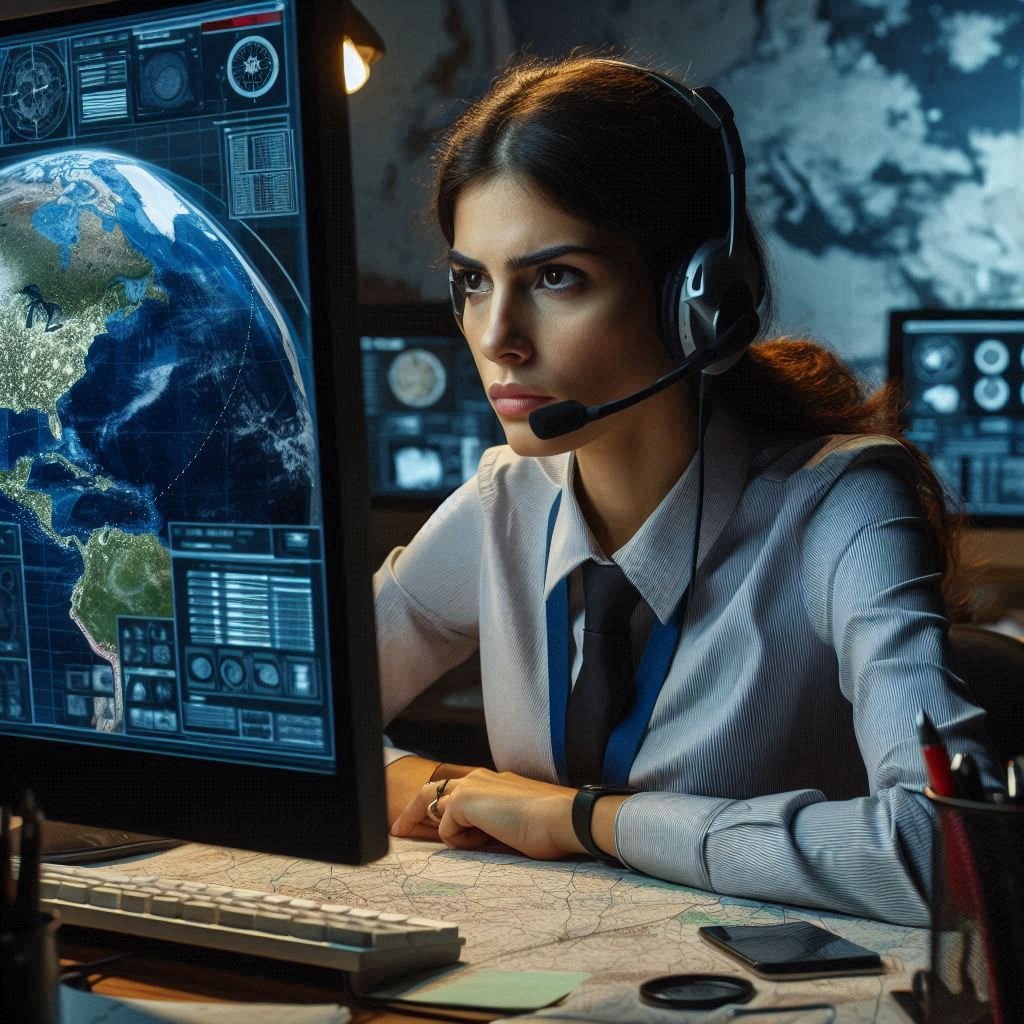The intelligence analyst plays a critical role in the complicated web of contemporary security, interpreting complex data to identify risks and possibilities. The work of an analyst is becoming more and more important in government agencies, commercial companies, and international organizations as global dynamics change and technology progresses. This blog explores the roles, abilities, and significance of these unsung heroes of security as it digs into the complex field of intelligence analysis.
Understanding the Role
The job of an intelligence analyst is to collect, evaluate, and interpret data in order to produce insights that guide decision-making. They operate in a variety of fields, such as cyber intelligence, corporate security, law enforcement, and national security. The ultimate objective is to recognize possible dangers, comprehend the ramifications of those threats, and suggest workable risk-reduction tactics.
Key Responsibilities
Data Gathering and Analysis
Open-source material, classified reports, surveillance, human intelligence (HUMINT), and signal intelligence (SIGINT) are just a few of the many sources from which analysts gather their data. They must separate the good news from the noise so that their judgements are grounded in factual and pertinent data.
Threat Analysis
After gathering information, analysts evaluate possible risks. Comprehending the abilities, motives, and actions of opponents is necessary for this. For instance, in the context of national security, this would entail tracking the whereabouts and communications of terrorist organizations, while in the business sector, it might entail evaluating the dangers associated with competitive espionage.
Strategic Reporting
Analysts synthesize their data into extensive reports that offer comprehensible and useful intelligence. Whether the target audience is corporate executives, military commanders, or senior government officials, these reports are customized to meet their demands. One essential talent is the capacity to convey difficult information clearly and concisely.
Cooperation and Coordination
Working in intelligence frequently necessitates coordination with foreign partners, agencies, and other analysts. Good coordination makes sure that ideas are exchanged, and group tactics are created. For example, fighting transnational threats such as cyberattacks, or terrorism requires a coordinated strategy across national boundaries and industries.
Essential Skills
Analytical Thinking
The capacity for critical and analytical thought is the foundation of intelligence analysis. Analysts need to be skilled in finding trends, connecting the dots, and reaching well-informed deductions from imprecise or confusing data.
Technical Proficiency
Technology plays a major role in modern intelligence work. It is vital to possess expertise in data analysis tools, geographic information systems (GIS), and diverse intelligence technologies. Cyber intelligence analysts need to be well knowledgeable about computer networks, cybersecurity procedures, and hacking techniques.
Communication
Effective communication of findings is of utmost importance. Writing thorough reports, producing visualizations, and delivering data to stakeholders all fall under this category. Collaborating with colleagues and briefing decision-makers are two further uses for communication skills.
Cultural and Linguistic Knowledge
Accurate assessments are improved by having a thorough understanding of the subtle cultural and linguistic characteristics of the areas or groups under study. This is especially crucial for geopolitical and counterterrorism investigations since cultural context greatly affects how information is interpreted.
Ethical Judgment
The analysts often deal with sensitive information and must negotiate ethical considerations. A delicate and important part of the job is striking a balance between the necessity for security and respect for human rights and privacy.

The Importance of Intelligence Analysis
National Security
For the protection of national security, intelligence analysts are essential. Through the identification of dangers like cyberattacks, espionage, and terrorism, they offer the information required for proactive measures. For example, analysts’ painstaking labor of piecing together diverse pieces of information to reveal plans before they materialize is sometimes crucial in foiling terrorist operations.
Corporate Security
Intelligence analysts defend businesses against a range of risks in the corporate sphere, such as market volatility, cyberattacks, and competitive espionage. Businesses are better equipped to safeguard their resources and strategic objectives when they have a thorough awareness of the competitive environment and associated risks.
Public Safety
To combat organized crime, human trafficking, drug smuggling, and other illegal activities, law enforcement organizations depend on the analysts. Analysts support the planning of operations to break up these threats by assisting in the study of criminal networks and the prediction of their movements.
Policy Development
At the highest governmental levels, intelligence analysis is used to inform policy decisions. Policymakers are able to formulate policies that tackle both short-term and long-term security issues with the help of timely and accurate intelligence. This covers every aspect, from diplomatic discussions and counterterrorism measures to military planning.
Challenges and Future Trends
Information Overload
With the proliferation of information brought about by the digital age, it is difficult to separate useful insight from the massive amount of data. For analysts to efficiently handle and analyze this deluge of information, they must acquire advanced skills.
Cybersecurity Risks
As cyber threats change, analysts’ techniques also need to be adapted. There are advantages and disadvantages to the development of AI and machine learning. Although these technologies can improve analytical capacities, they also bring with them new threats and highly skilled adversaries.
Globalization and Transnational Risks
Due to the modern world’s interconnection, risks are no longer limited by state boundaries. It is imperative for analysts to embrace a worldwide outlook, comprehending the interconnectedness of regional, national, and global factors.
Ethical and Legal Considerations
Finding the right balance between privacy and security is still a difficult task. The ethical and legal ramifications of their job must be guided by intelligence analysts, who also need to make sure that their procedures and methods respect people’s rights and the law.

Conclusion
The unseen watchmen of contemporary security, intelligence analysts labor in the background to protect the security and stability of states, institutions, and people. Their role is essential in an increasingly complicated and linked world because it is characterized by a special combination of technical expertise, intellectual prowess, and ethical integrity. The field of intelligence analysis will become more and more important as global dynamics and technology advance, making analysts like them even more vital to our shared goal of peace and security.




